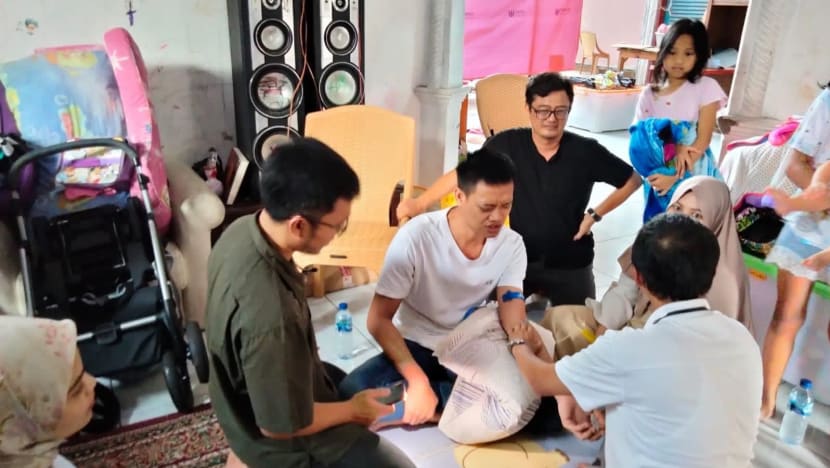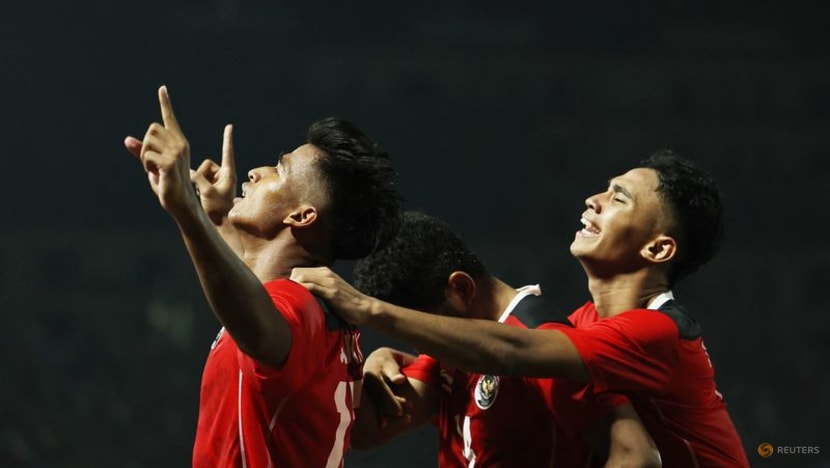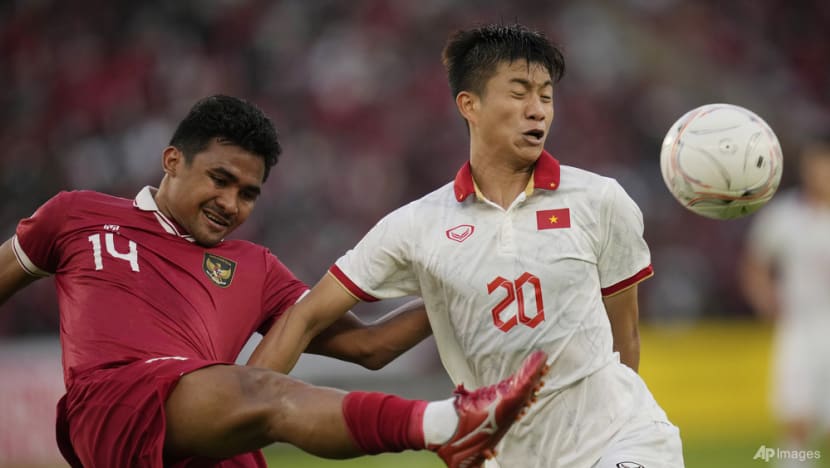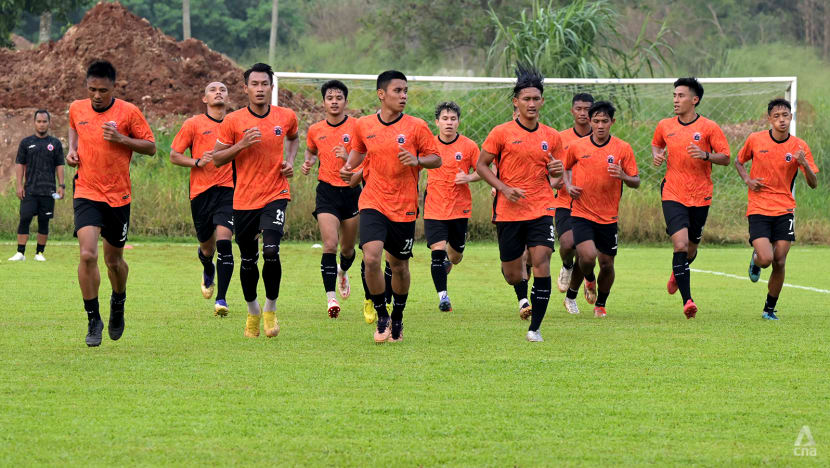JAKARTA: “For sale. All my football properties.”
Those words were listed on the Instagram biography of Indonesia’s former national footballer Kurnia Meiga which sparked attention across the archipelago in recent weeks.
The 33-year-old former goalkeeper has vision problems and needs money for treatment.
He wants to sell all his football memorabilia, such as his medals and jerseys, to foot the cost of his medical bills. In one of his Instagram posts, Mr Meiga posted a video showing medals he had won that were for sale.
His plight caught the attention of Mr Erick Thohir, the head of the Indonesian football association (PSSI), who quickly took action.
Mr Thohir, who was appointed to the post three months ago, arranged for doctors to check on Mr Meiga’s condition.
In an Instagram post on May 21, Mr Thohir said that a medical team had visited the former national footballer to check on him.
“Please, everyone in the society and football lovers, pray for the recovery of Indonesia’s national team goalkeeper legend,” Mr Thohir, who is also Indonesia’s minister for state-owned enterprises, wrote in his post.
While cases of retired footballers in Indonesia struggling to make ends meet is not new, Mr Meiga’s plight became the talk of the town.
His struggles surfaced just as Indonesia is trying to overhaul its football ecosystem following a tragic stampede in Malang last October that claimed the lives of 135 people.
Amid talks about the revamp of the PSSI, stadiums and safety regulations, the fate of players in the football-obsessed country after they retire has not been raised.
Observers say that a revamp of Indonesia’s football ecosystem should not only revolve around infrastructure issues and safety regulations, but also consideration about players’ welfare upon retirement.



